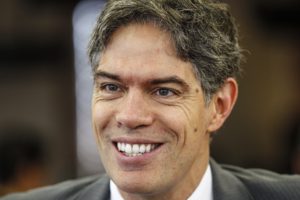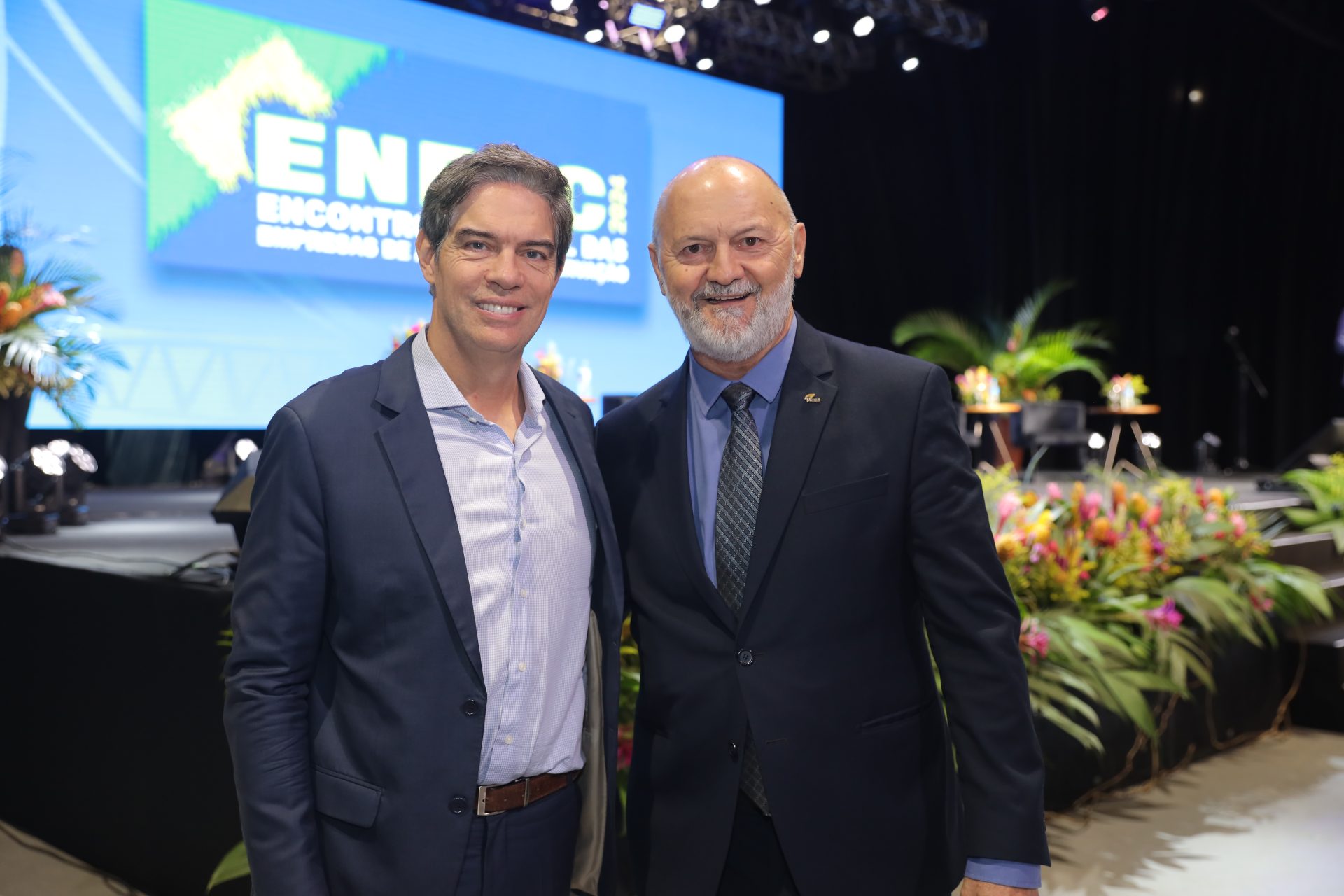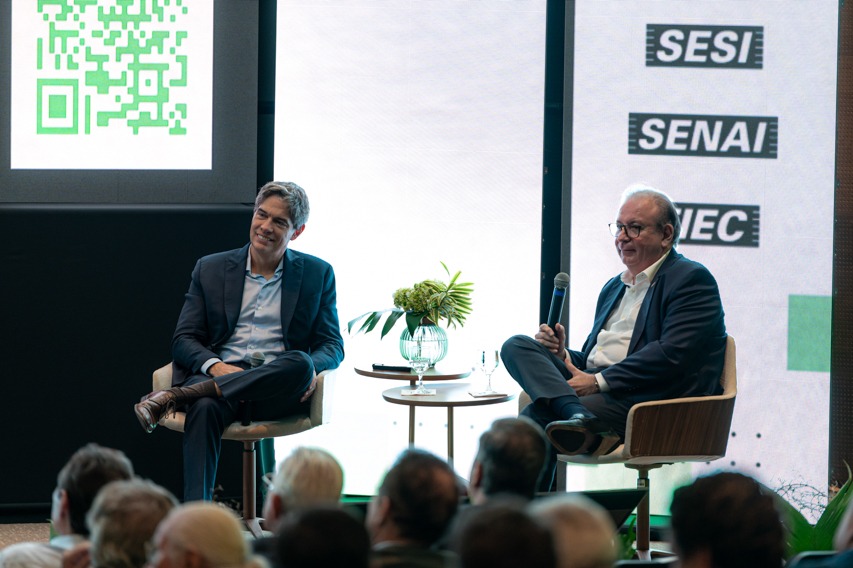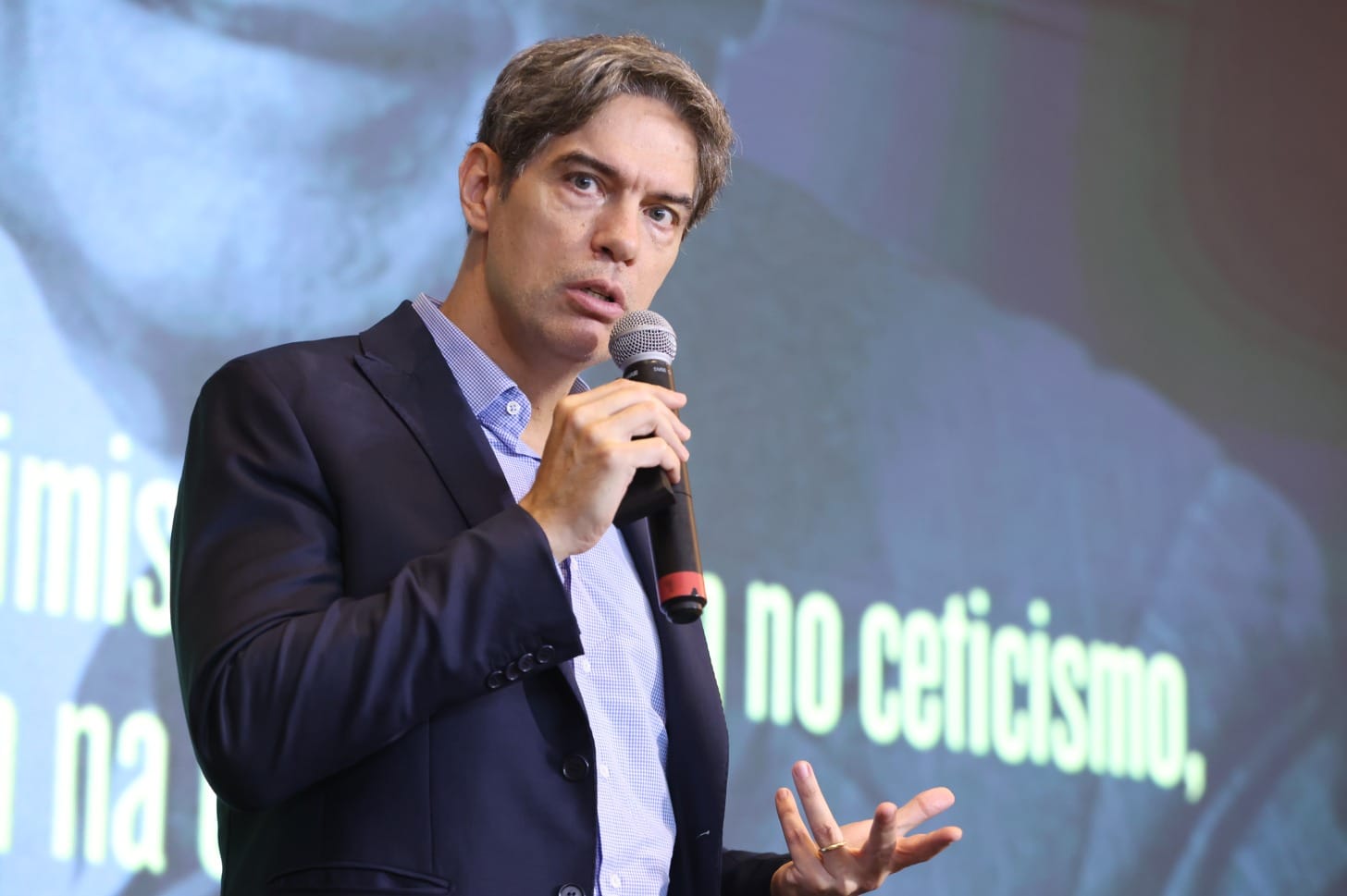By Ricardo Amorim
07/2016
“Missed opportunity,” that is how the Mayor of Rio de Janeiro defined our Olympics, set to begin on August 4. “Given the economic and political crisis and all the scandals, this is not the best time to be in the global spotlight,” he added.
And he is right. Hosting an Olympic event — as well as a World Cup — brings two huge opportunities to a country. One is the spotlight effect. Global events put a country in evidence and may permanently increase its commerce and tourism flow by exposing potential business with foreigners, which would perhaps not be discovered without these spotlights. With the economic challenges and political uncertainties of recent years, little has resulted from the World Cup and even less should come out from the Olympics.
The second opportunity is taking advantage of the event to substantially improve the country and the host city’s infrastructure. It has a rapid and all-encompassing effect, especially in developing countries and even more in Brazil. The greatest legacy of the World Cup in Brazil could have been a significant improvement in our transportation infrastructure. According to the World Bank’s ranking on the ease of doing business in different countries, Brazil was number 103 in availability and quality of railroads, 120 in highways, 123 in airports and number 131 in ports among 148 countries. World Cup-prompted improvements to this infrastructure, however, have not taken place. There were many projects intended for renovation and expansion of airports, highways, railways and urban transport, but airports saw less developments than expected, and other means of transportation had minimal or no development at all.
The Olympics infrastructure legacy to the city of Rio de Janeiro should be better than that of the World Cup, but it still leaves much to be desired, with unfinished, poorly built or overpriced construction works.
If the #Rio2016 opportunity seems to be lost, at least we should not lose the lessons brought with it.
The first is to build up anti-corruption mechanisms before undertaking highly expensive commitments that traditionally cause huge budget overruns. This is specially true in developing countries, where the levels of corruption tend to be higher. In the Brazilian case, a more aggressive fight against corruption is actually happening, but it started too late to avoid massive overruns both in the World Cup and the #Rio2016 budgets.
The second, detailed in my recent book Depois da Tempestade (After the Storm), is that the economic performance of any country has a major cyclic component. 3-8 year cycles of favorable economic surprises are usually followed by cycles of economic disappointments of similar duration. Countries and cities tend to be selected for the World Cup and the Olympics after long cycles of good economic surprises, which often are about to end. When the moment arrives, the events take place in the midst of recessions or economic and financial crises, as the cycles have been reversed. This was the case of the Olympics in Athens, Beijing, London and Rio de Janeiro — and I’m confining myself to the four most recent ones. The spotlights end up exposing recent problems, instead of the advances of the time when the country and the city had applied to host the events, advances that have been left behind at this point.
These lessons are valuable not only for the country, but also for each company and for each one of us. We need to learn to plan and act in advance to avoid being caught off guard by things that shouldn’t be a surprise. In this planning, we need to be aware of the economic cycles so we are not carried away by euphoria and end up making wrong decisions – like hosting a World Cup or the Olympic Games or building a new facility – just when the storm is about to hit the shore. Neither should we allow the defeatism to contaminate our ourselves when the bad cycle is coming to an end — giving rise to a much more favorable cycle— and miss great opportunities, like the ones Rio is facing now.
Ricardo Amorim is the author of Depois da Tempestade, (After the Storm), one of the hosts of Manhattan Connection, a TV show on Globonews, CEO of Ricam Consultoria, the most influential brazilian on LinkedIn, the only Brazilian on the Speakers Corner list of the best and most important world lecturers and Brazil’s most influential economist according to Forbes Magazine.
Click here to get to know Ricardo’s lectures.
Follow him on : Facebook, Twitter, Instagram e YouTube.




